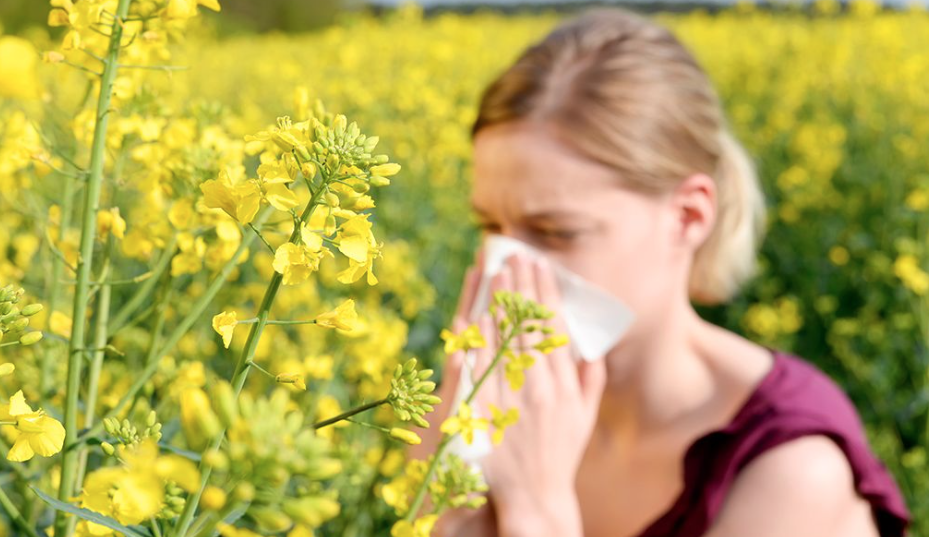As soon as trees start budding and winter jackets are pushed to the back of the closet, many people find themselves sneezing uncontrollably and rubbing itchy eyes. Seasonal allergies are a common struggle, but why do they happen in the first place?
The immune system is ultimately responsible. Similar to how the body responds to bacteria or viruses, it misinterprets pollen, grass, and other allergens as threats when they are inhaled. According to Johns Hopkins Medicine, when the immune system overreacts, it generates immunoglobulin E (IgE) antibodies. These antibodies trigger the production of substances like histamine, leading to common allergy symptoms such as sneezing, congestion, itchy eyes, and a runny nose.
Because different plants release pollen at various times of the year, allergies tend to be seasonal. Spring allergies are usually caused by tree pollen, while summer allergies often result from grass pollen. In the fall, ragweed is a major culprit.
Although seasonal allergies can be frustrating, there are ways to manage them. Over-the-counter antihistamines, nasal sprays, and avoiding peak pollen times can all help reduce symptoms. So, for those who find themselves sniffling and sneezing as the seasons change, at least now there is an explanation for why it happens!





































































